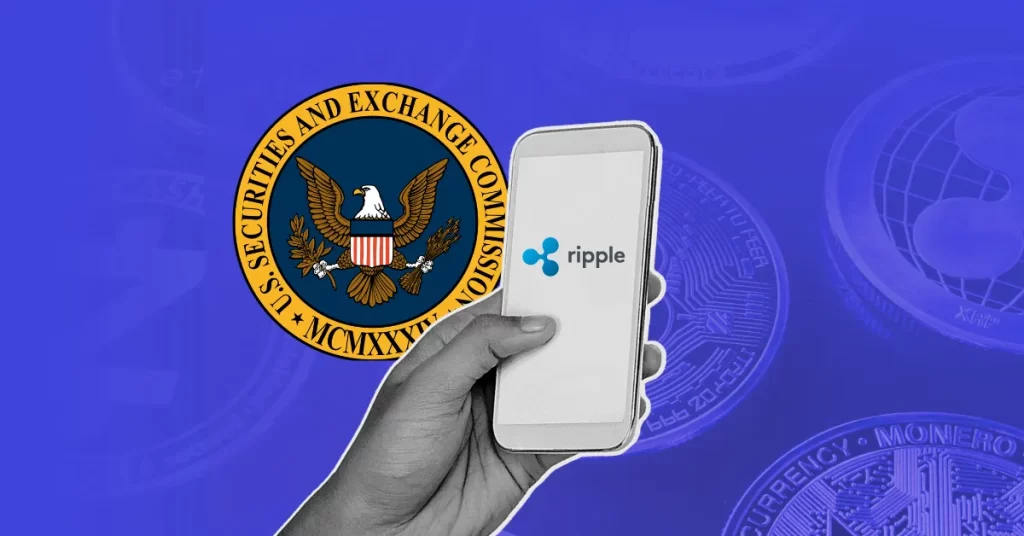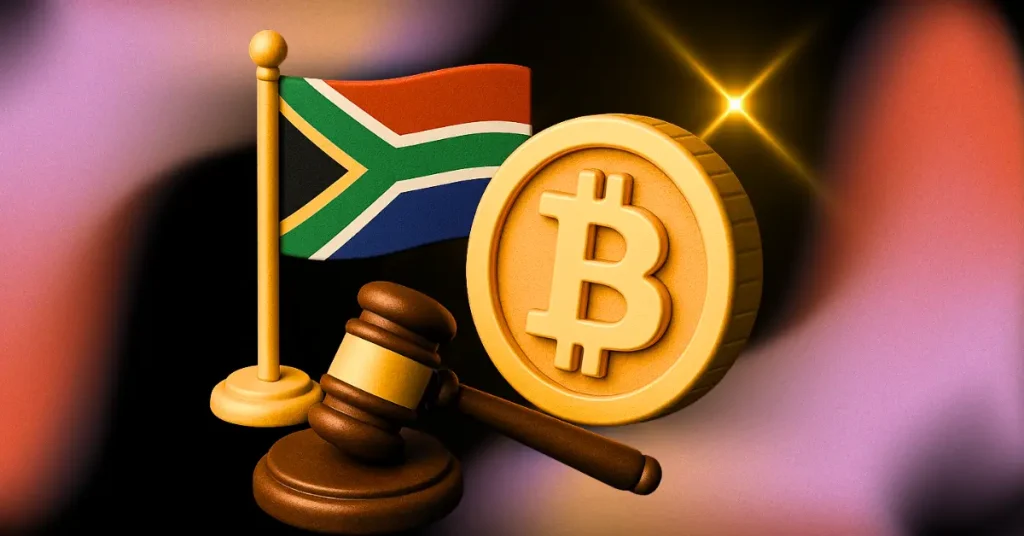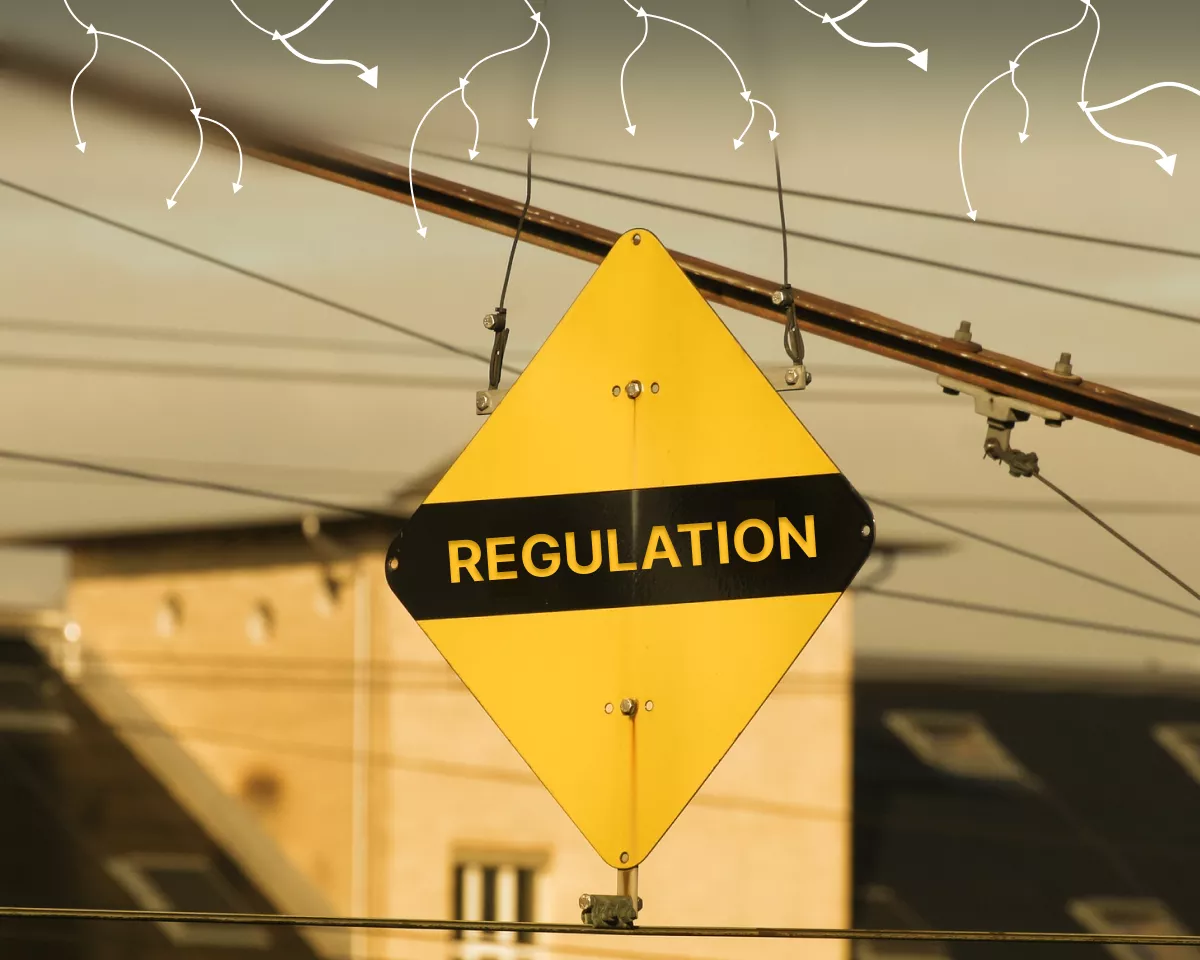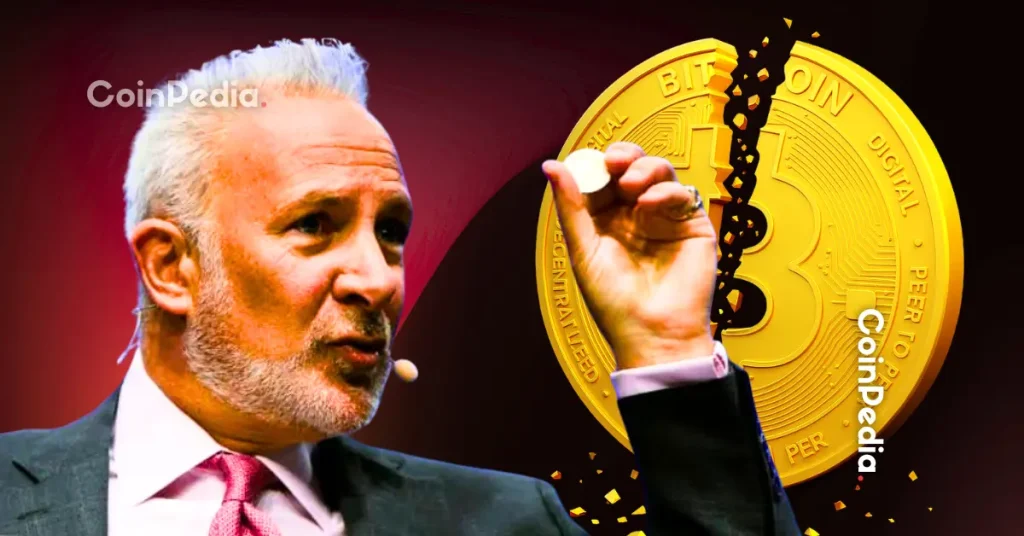
The post XRP News: Ripple’s Howey Test Analysis Faces Backlash From SDNY District Court appeared first on Coinpedia Fintech News
In an interesting twist to the tale of Ripple’s legal journey, a Southern District of New York (SDNY) District Court judge has directly contradicted the Howey analysis applied in Ripple’s case by Judge Torres. The critique, tweeted by American lawyer and Bitcoin enthusiast Bryan Jacoutot, signals an escalating debate on the classification of token offerings, casting a shadow on Ripple’s recent partial victory over the SEC.
Ripple’s Legal Rollercoaster and the Howey Test Controversy
In the Ripple lawsuit, Judge Torres determined that Ripple’s “programmatic” sales of XRP to retail investors were not unregistered securities offerings, primarily because the buyer could not ascertain whether the purchase was coming directly from Ripple. This ruling has been under scrutiny because it adds an additional requirement to the Howey Test — an established tool used to determine whether a transaction is a security.
Recapping, the Howey Test is generally broken down into four (or sometimes three) components:
- Investment of money (or value);
- In a common enterprise;
- With the expectation of profits;
- Derived from the efforts of others.
The focus of the critique rests on the “expectation of profits” component, where Judge Torres introduced a precedent suggesting that the investor must know who they’re buying from — a point of contention for many in the legal field.
The Ripple Vs. LBRY Ruling Dichotomy
Drawing parallels, Jacoutot presents the case of LBRY, which presents almost identical circumstances as Ripple, yet faced a starkly different outcome. Unlike Judge Torres’ ruling in Ripple’s case, the LBRY court declared all sales of LBRY’s token, LBC, to be unregistered securities offerings, irrespective of the purchaser’s knowledge about the origin of the purchase.
Jacoutot predicts that the LBRY court’s analysis will carry more weight when the SEC inevitably appeals, as it closely adheres to the original Howey Test without adding new requirements, aligning with established judicial precedent.
The Ripple Effect on Crypto Regulation
Meanwhile, Australian Lawyer and Digital Asset enthusiast Bill Morgan underlined the impact of the court’s stance, stating that the objective economic realities should matter more than the subjective thought processes of some investors.
Morgan dissects the importance of the ‘programmatic sales’ method employed by Ripple, in which thousands of investors purchased XRP without knowing they were buying directly from Ripple. In essence, these transactions took place ‘blindly’, ignoring the conventional understanding of securities sales.

 2 years ago
108
2 years ago
108
 Today a different SDNY District Court Judge emphatically rejected Judge Torres' Howey analysis in the recent Ripple case. Recall that Torres held that sales of XRP to institutional investors could be unregistered securities while similar "programmatic" sales to retail were…
Today a different SDNY District Court Judge emphatically rejected Judge Torres' Howey analysis in the recent Ripple case. Recall that Torres held that sales of XRP to institutional investors could be unregistered securities while similar "programmatic" sales to retail were… 













 English (US) ·
English (US) ·